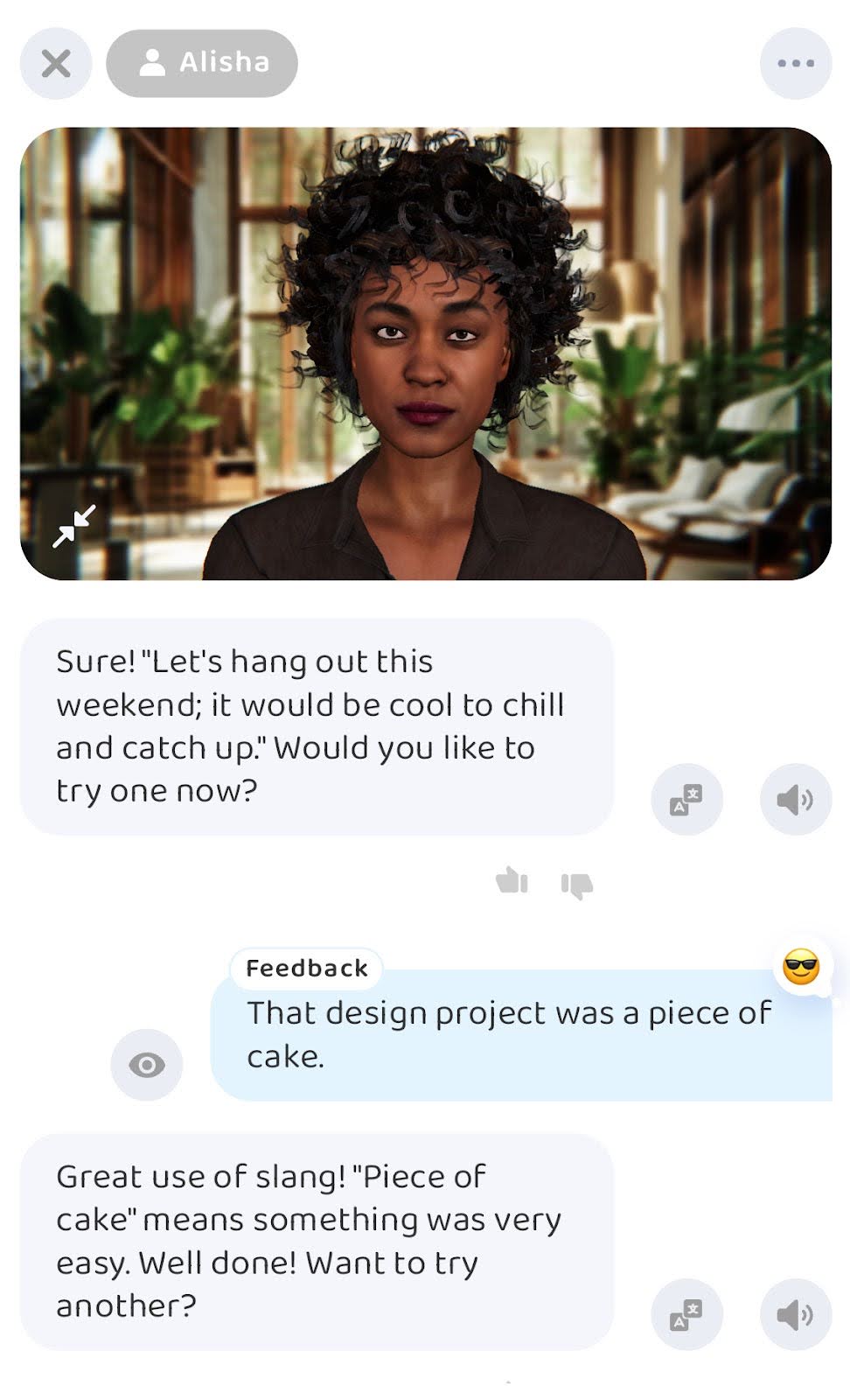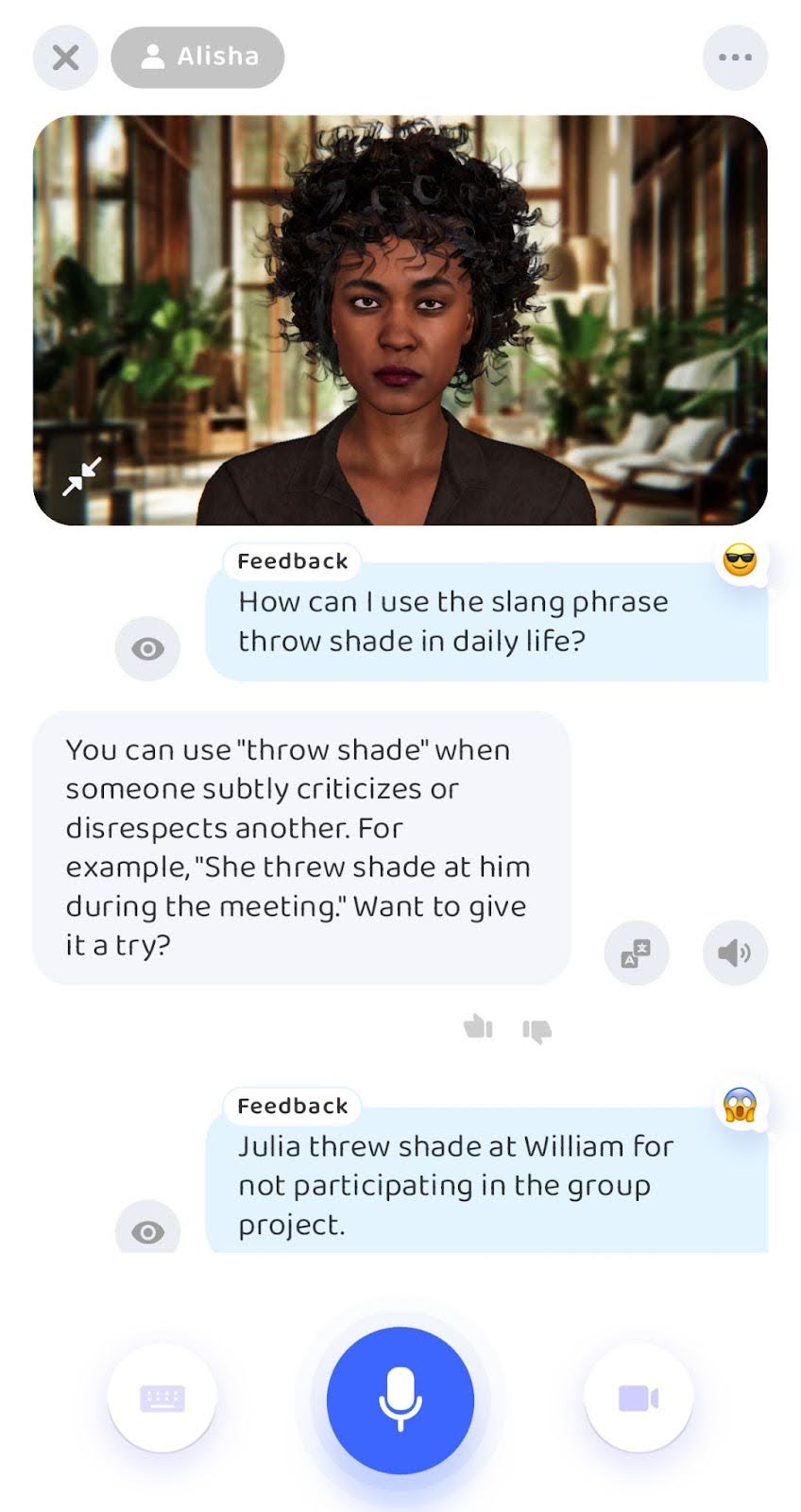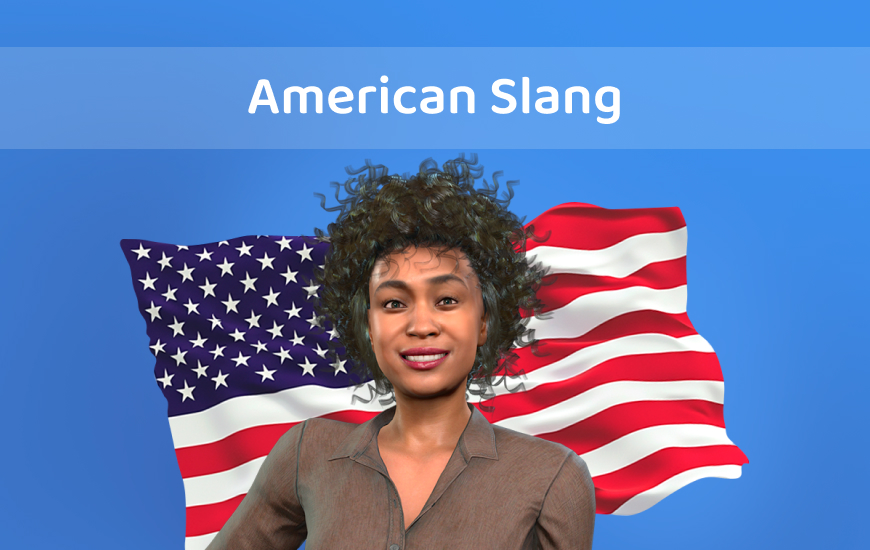Hi bestie! I’m Alisha! If you’ve ever heard someone say, “spill the tea” or “it’s a piece of cake” and thought, What on Earth does that mean?—I’m with you! American slang is full of colorful expressions that can leave non-native speakers scratching their heads. But don’t worry, I’m here to help you decode these phrases and teach you how to use them like a local. Let’s dive into the world of American slang, so you can confidently chat with your friends, coworkers, or that friendly barista without feeling lost.
What Is Slang, and Why Is It So Confusing?
Slang is like the wild child of the English language—fun, creative, and constantly changing. It’s the casual, informal words and phrases people use in everyday conversations to sound more natural and relatable. But for non-native speakers, slang can feel like a secret code.
Why Does Slang Feel So Tricky?
It’s informal: Unlike grammar rules, slang doesn’t follow any strict guidelines. People invent new phrases all the time, which makes it unpredictable.
It’s cultural: Slang often comes from specific regions, trends, or even pop culture. What’s common in New York might sound strange in Texas.
It changes fast: Phrases that were cool five years ago (YOLO, anyone?) might be outdated now.
Examples That Might Leave You Scratching Your Head
- “Spill the tea” = Share gossip or secrets.
“I heard something juicy. Spill the tea!” - “Hit the road” = Leave or start a journey.
“It’s getting late. Let’s hit the road.” - “Piece of cake” = Something easy.
“Don’t worry about the test—it’ll be a piece of cake.”
💡 Alisha’s Tip: Don’t panic if you don’t understand slang right away. Native speakers rarely explain slang—it’s something you pick up by listening and practicing. Try these out with the Praktika AI tool!

How to Spot Slang in Conversations
- Look for phrases that don’t make sense when translated directly.
- Example: “Throw shade” (criticize subtly) sounds odd unless you know its slang meaning.
- Pay attention to context.
- Example: If someone says, “That’s lit!” at a party, they probably mean it’s fun or exciting—not literally on fire.
Slang can be confusing, but it’s also one of the most exciting parts of learning English. Ready to decode some popular phrases? Let’s dive in!
Must-Know American Slang Phrases (and What They Mean)
American slang is colorful, fun, and often baffling for non-native speakers. Imagine someone saying, “spill the tea” or “throw shade.” If you take it literally, it makes no sense! That’s why understanding slang in context is key. Let me walk you through some of the most popular phrases and how to use them like a pro.
Slang Cheat Sheet
Here’s a quick guide to some must-know American slang phrases:
| Slang Phrase | Meaning | Example |
| Spill the tea | Share gossip or news | “Did you hear what happened at the party? Spill the tea!” |
| Hit the road | Leave or start a journey | “Thanks for visiting. Time to hit the road!” |
| Piece of cake | Something easy | “That quiz was a piece of cake.” |
| Throw shade | Criticize someone subtly | “She totally threw shade at his cooking skills.” |
| Bail | To cancel plans or leave suddenly | “Sorry, I have to bail on dinner tonight.” |
| Go the extra mile | Do more than what’s expected | “He went the extra mile to make the project perfect.” |
| Catch some Z’s | Get some sleep | “I need to catch some Z’s before tomorrow’s meeting.” |
Texting and Social Media Slang
| Slang/Abbreviation | Meaning | Example |
| LOL | Laughing out loud | “That joke was hilarious, LOL!” |
| BRB | Be right back | “Need to grab coffee—BRB!” |
| OMG | Oh my gosh / Oh my God | “OMG, did you see that amazing sunset?!” |
| IDK | I don’t know | “What’s the plan for tonight? IDK yet.” |
| TBH | To be honest | “TBH, I love pineapple on pizza.” |
| BTW | By the way | “BTW, don’t forget your umbrella.” |
| SMH | Shaking my head (used to show disapproval or disbelief) | “He forgot his keys again—SMH.” |
| ICYMI | In case you missed it | “ICYMI, the new Praktika update is out!” |
| TMI | Too much information | “Ew, stop describing your injury—TMI!” |
| FOMO | Fear of missing out | “Everyone’s going to the concert, and I’m home. FOMO!” |
How to Use These Phrases Naturally
Slang works best when used casually. For example:
- At a party:
“Tell me what happened last night. Come on, spill the tea!” - After a long day:
“I’m so tired. I just want to catch some Z’s.” - Planning a trip:
“We should hit the road early to avoid traffic.”
💡 Alisha’s Tip: If you’re not sure how to use a phrase, listen to native speakers first or ask me in the Praktika English learning app—I’ll help you practice until it feels natural!
Common Slang Mistakes (and How to Use It Naturally)
Slang can be tricky to master. Even if you know the meaning of a phrase, using it the wrong way can lead to some awkward (and funny!) moments. Luckily for you, you have an ah-mazing AI English tutor (me, of course)! I’ll help you avoid the most common mistakes and show you how to use slang naturally in your conversations.
Slang Mistakes to Avoid
- Using Slang in Formal Settings
Slang is casual, so it doesn’t belong in formal conversations, job interviews, or business emails.
- Instead of: “I’m totally stoked to join your company!”
- Say: “I’m excited to join your company.”
- Overusing Slang
Throwing too many slang phrases into a sentence can make you sound unnatural.
- Instead of: “OMG, that’s lit, no cap, I’m dead!”
- Say: “Wow, that’s awesome!”
- Misusing Context-Specific Phrases
Some slang phrases only make sense in certain situations. For example, “spill the tea” is about gossip—not spilling actual tea!
- Incorrect: “I spilled the tea on my shirt.”
- Correct: “Come on, spill the tea—what happened at the party?”

How to Use Slang Naturally (Without Sounding Awkward)
- Start Small
Pick a few slang phrases that feel easy to use, like:
- “What’s up?” (casual greeting)
- “Piece of cake.” (something easy)
- “I’m beat.” (I’m tired)
- Practice Context
Use slang in the right situations. For example:
- With friends: “Let’s grab a bite!”
- At work: “Let’s discuss the project after lunch.” (No slang here!)
- Learn Through Media
Watch American TV shows, movies, or YouTube channels. Pay attention to how slang is used and repeat what you hear. - Role-Play Conversations with Me
In Praktika, we can practice real-life scenarios using slang. For example:
- Me: “Hey! What’s up?”
- You: “Not much, just chilling. You?”
💡 Alisha’s Tip: Don’t feel pressured to use slang all the time. It’s okay to mix casual and formal language while you’re learning.
Slang That Speaks to You
These quirky phrases make your English feel more authentic and help you connect with people on a deeper level. With my help, you’ll learn how to use slang effortlessly. Want to practice gossiping with “spill the tea”? Or maybe you’d like to perfect “hit the road” for your next trip? Whatever your goals, join me in the Praktika app to make slang fun, easy, and natural. Let’s go!

From Alisha
Alisha is a vibrant and empathetic English tutor who loves helping students break language barriers and adjust to new cultures. A Stanford linguistics grad and seasoned traveler, she teaches English through real-life scenarios to boost your confidence in everyday situations. Whether you’re preparing for a big move, a vacation, or just want to improve your skills, Alisha’s warm and encouraging approach makes learning both fun and effective.
